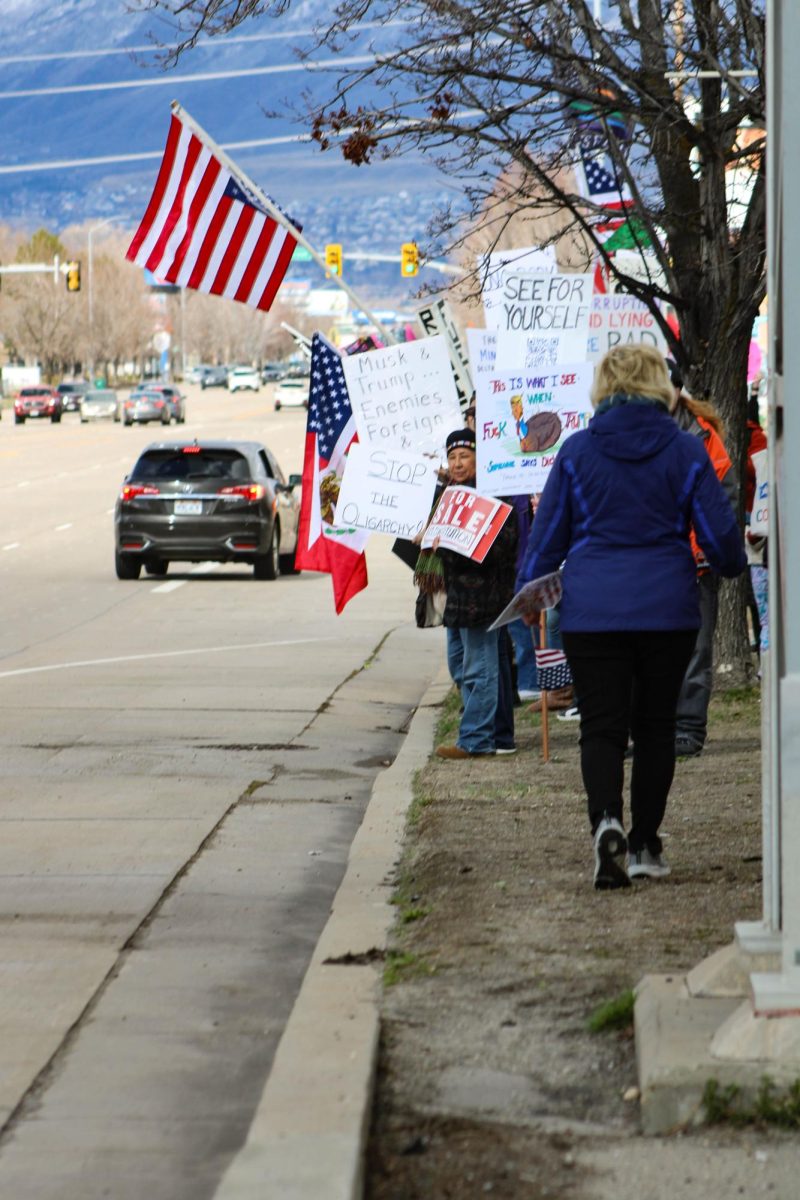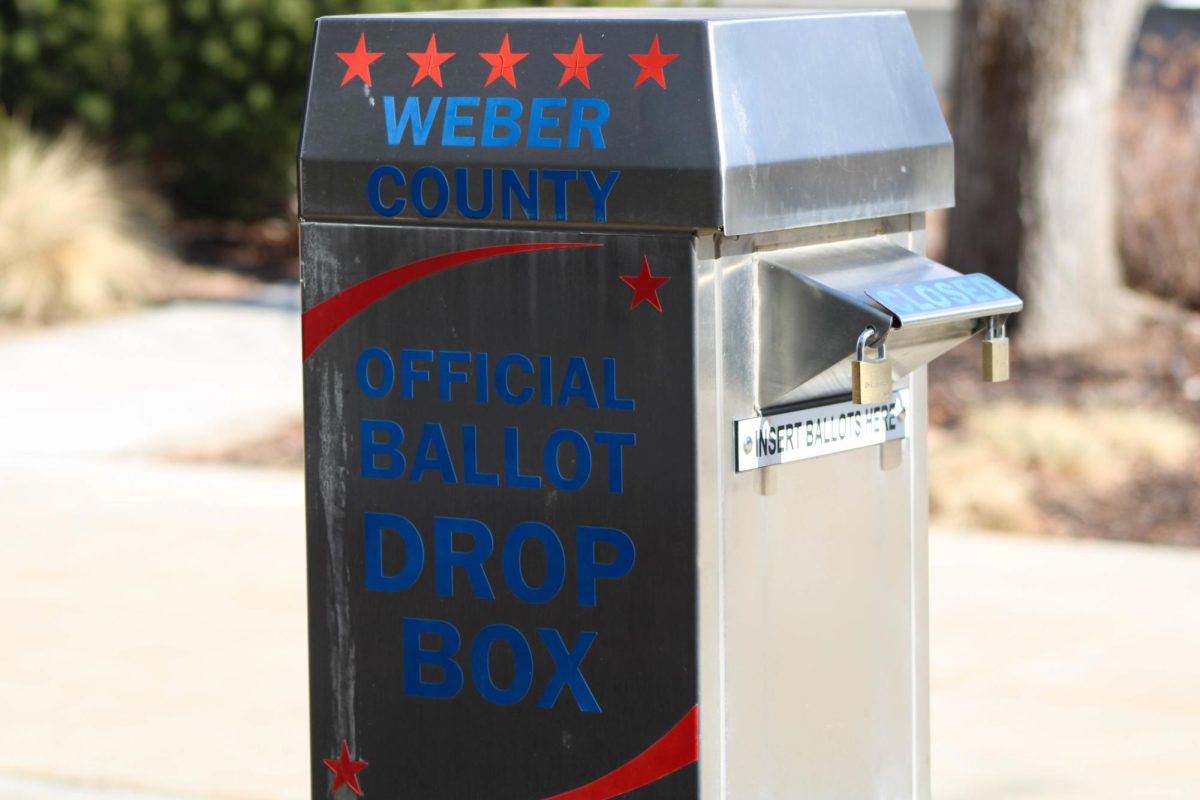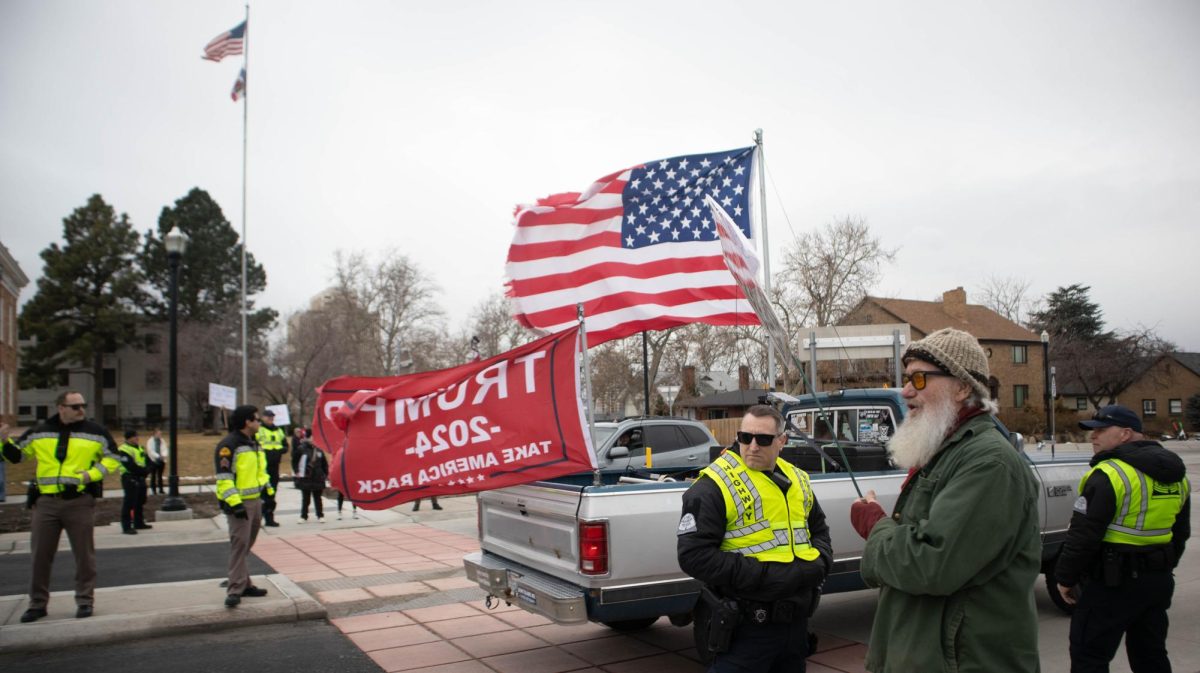1. The Supreme Court reinstated President Donald Trump’s travel ban on June 25:
a) Fully
b) Partially
c) Not at all
2. The Mexico border wall would take more than __ years at the planned pace of construction for next year.
a) 10
b) 15
c) 18
3. A bill for what type of museum gained enough co-sponsors on June 27 to pass in the House of Representatives?
a) Women’s history
b) Economic history
c) Evolutionary studies
4. A recent study from Harvard University found current federal limits on air pollution are:
a) Not strong enough
b) Strong enough
c) Unclear regarding their effectiveness
5. As of June 28 Utah, California and Arizona are dealing with how many wildfires?
a) 8
b) 13
c) 20
6. Which foreign leader did President Trump criticize about their country’s trade policies in the White House Cabinet Room on June 30?
a) German Chancellor Angela Merkel
b) South Korean President Moon Jae-In
c) Australian Prime Minister Malcom Turnbull
1. b) The Supreme Court decided on a partial reinstatement of the travel ban on June 25, according to the Tribune Washington Bureau. Trump’s revised ban took Iraq off the list of the previous seven major Muslim countries, and the court’s decision allows visa holders with “bona fide” ties ― such as students, family and employees ― into the United States.
Refugee advocates argue that even a limited implementation of the ban could still hurt immigrants from the six remaining barred countries. Even though students and employees at American academic institutions would be allowed to enter, they’re wary of leaving the country and attempting to reenter.
2. b) At the planned pace for construction, the Mexico border wall would take more than 15 years to construct along more than 1,300 miles, according to the Tribune Washington Bureau. Late this summer, the Trump administration will start building prototypes for the wall, and the pace of construction next year could change depending on how quickly Customs and Border Protection collects the funds.
All four to eight prototypes will be built near the San Diego border fence. Most in Congress are worried about footing the bill, which could cost anywhere from $15 billion to $66 billion.

3. a) The Smithsonian Women’s History Museum Act passed with 227 signatures in Congress last week, according to Roll Call. It was titled H.R. 19 to commemorate the year women gained suffrage.
“In the most hostile Congress in history, we have found something we can all agree on and that is a National Women’s History Museum,” said New York Rep. Carolyn B. Maloney, who introduced the bipartisan bill with California Rep. Ed Royce. “Women are too often left out of textbooks, the halls of Congress, our monuments.”
4. a) Findings from Harvard suggest that federal limits on air pollution are not strong enough to entirely protect the public, despite the Clean Air Act requiring regulations to be updated as per scientific reviews, according to the Los Angeles Times. The study examined 60 million of the nation’s senior citizens who had an increased risk of premature deaths linked to smog pollutants, and its findings showed no sign of a “safe” pollution level.
When testing fine particulate matter and ozone ― which the Environmental Protection Agency limits to 12 micrograms per cubic meter of air and 70 parts per billion, respectively ― scientists detected increased mortality at the lowest levels they measured for both. They calculated that reducing 1 microgram per cubic meter of fine particle pollution could save approximately 12,000 lives a year, while lowering 1 part per billion of ozone pollution could save 1,900 lives annually.

5. c) Utah, California and Arizona are dealing with more than 20 fires as of June 28, according to the McClatchy Washington Bureau. The largest is in southern Utah, which burned more than 84 square miles. The fire is 10 percent contained and forced more than 1,500 people to evacuate.
Instead of having the Forest Service borrow money from other program budgets for wildfire costs, lawmakers are considering the “Resilient Federal Forests Act of 2017,” which would allow it to access funds from the Federal Emergency Management Agency. However, most Democrats are concerned the bill would allow logging without proper environmental review.

6. b) President Trump met with South Korean President Moon Jae-In on June 30, criticizing the leader for his country’s trade policies. According to the McClatchy Washington Bureau, Trump’s public lecturing might complicate the relationship with Seoul’s leaders at a time when the alliance needs to be strengthened against North Korea.
Trump discussed that the United States, South Korea and Japan are working “on a range of diplomatic, security and economic measures to protect our allies and our citizens” from North Korea, but he was more concerned with trade policies on Friday. “The U.S. has many trade deficits with many countries, and we cannot allow that,” Trump said. “And we will start with South Korea right now.”



















